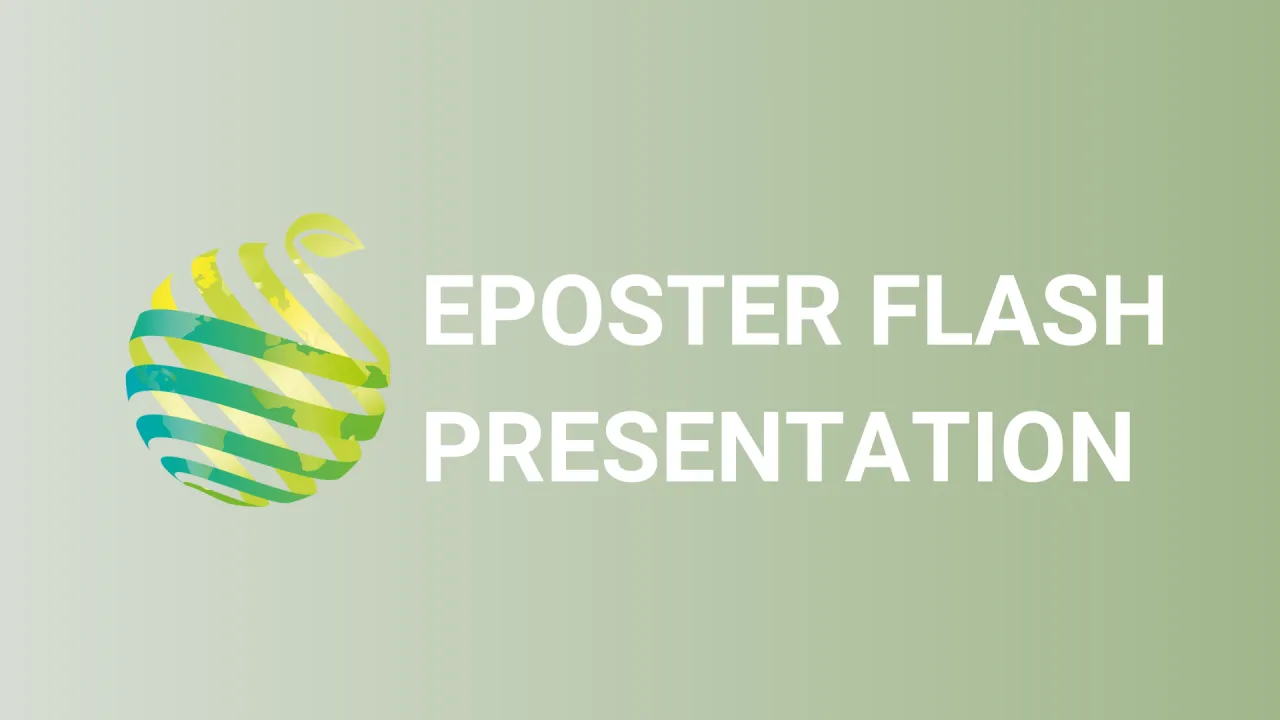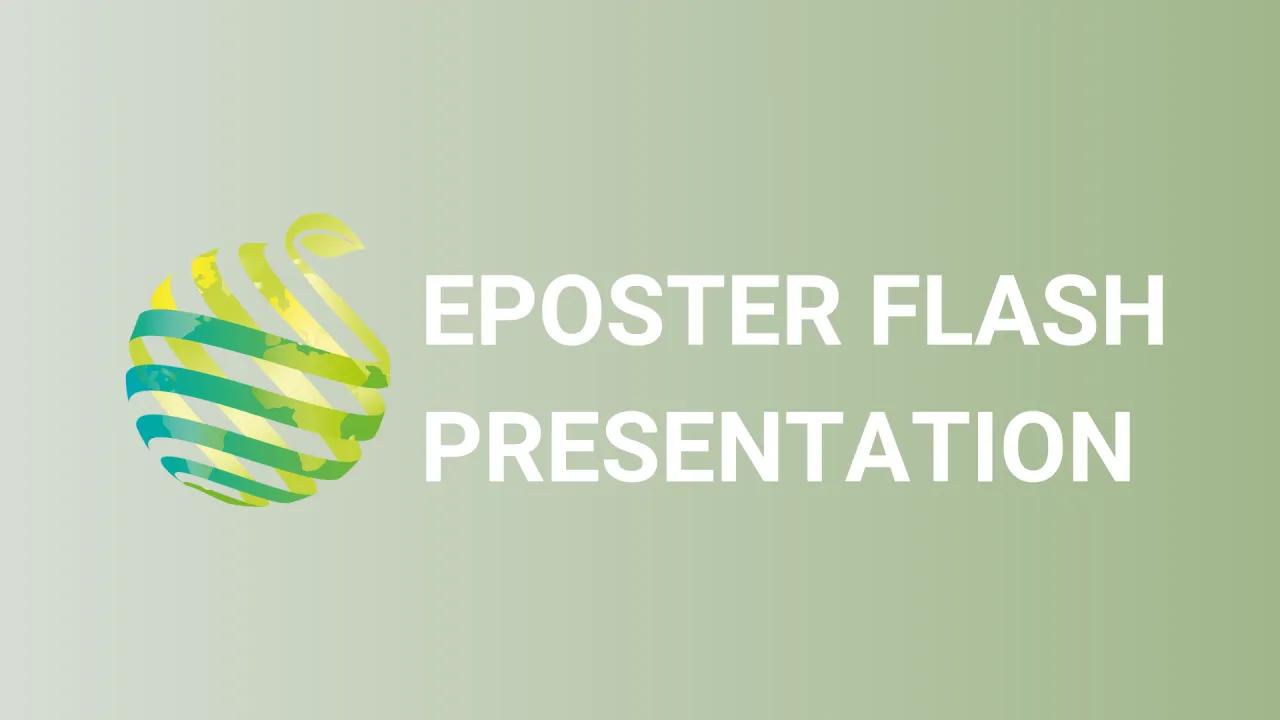

S06 - Session P11 - Sensor applications, sensor and model for climate management in controlled environments - The innovative LIGHT CASCADE® sunlight photoconversion greenhouse films enhance horticultural crops production in Europe
Information
Authors: Frederic Peilleron *, Severine Lemarie, Kristof Proost, Anne Sophie Quellec, Simon Cordier, Gildas Guignard, Vincent Guérin, Soulaiman Sakr
The management of natural sunlight is a promising and sustainable way to enhance crops production and plants resistance under environmental constraints. Optimising light shifting technologies to different horticultural greenhouse cultivated crops is the target of the French company CASCADE since 2012. The company developed the LIGHT CASCADE® (LC®) technology, which once dispersed into plastic foils, absorbs UV and Green wavelengths in the sunlight spectrum and reemits it into respectively Blue (400-500nm) and Red (600-700nm) wavelengths. In collaboration with specialised local research centres and universities, the company tested in situ different LC® formulations on two one-season solanaceous crops (i.e. tomato and pepper) and on berries (i.e. raspberry) in France, Spain and Italy since 2018. During these trials, three main parameters were evaluated: kinetic of cumulative marketable yields, fruits sugar content and fresh weight, and plant pests and diseases development when it occurred. The main results showed an increase of pepper final marketable yield by +11% under the LC® films in comparison to the standard film in 2019 in Spain. According to the year and the country, the tomato final marketable yield gains ranged from +12% to +28% and fruits' quality was either similar or improved under the LC® films. Interestingly, the number of dead tomato plants caused by the fungus Botrytis cinerea was reduced by 17% under the LC® films. With respect to the raspberry crops, a two-years exposure to the LC® films improved the first harvests yields by 12% with a better fruits quality (+1 °Brix) and the final marketable yield was increased by 29%. These results have been obtained with three different LC® formulations highlighting species-specific responses to sunlight spectrum modulation. The understanding of the physiological mechanisms modulated in plants grown under the LC® films is investigated.